Charles is now King – what will having an environmentalist as monarch mean for the planet?
‘After billions of years of evolution, nature is our best teacher,’ the new King has previously commented. Saphora Smith looks at how Charles’s beliefs could still make an impact


An ardent environmentalist is now the King of the United Kingdom.
King Charles III, who ascended to the throne after the death of his mother Queen Elizabeth II, has spent the last half century advocating for sustainability, organic farming and the importance of tackling the climate crisis and biodiversity loss.
In his first speech on the environment, in February 1970, the then Prince of Wales warned of the “horrifying effects of pollution in all its cancerous forms”.
Since then he has championed nature from the fields of his organic farms to the lecterns of conference halls around the globe – and, as many observers have noted, long before it was fashionable.
“After billions of years of evolution, nature is our best teacher,” he told world leaders at the Cop26 climate conference in Glasgow last year. “In this regard, restoring natural capital, accelerating nature-based solutions and leveraging the circular bio-economy will be vital to our efforts” to tackle global heating.
In 2017, when asked by his son, Prince Harry, on BBC Radio 4 if there was one issue he could focus on, Charles replied that climate change was now “the biggest threat multiplier we face” and was causing “untold horrors in different parts of the world”.
His remarks are salient in a year when temperatures in the United Kingdom exceeded 40C for the first time on record, Europe observed what some have described as the worst drought in 500 years, India sweltered through its hottest March in more than a century, and floods in Pakistan have left more than 1,000 dead and nearly half a million displaced, to name a few examples.
It remains to be seen how the King’s environmental commitment will manifest itself now he has assumed the stricter constitutional role of monarch – and whether his well-known views on the subject will have an impact on climate action in the UK and beyond.
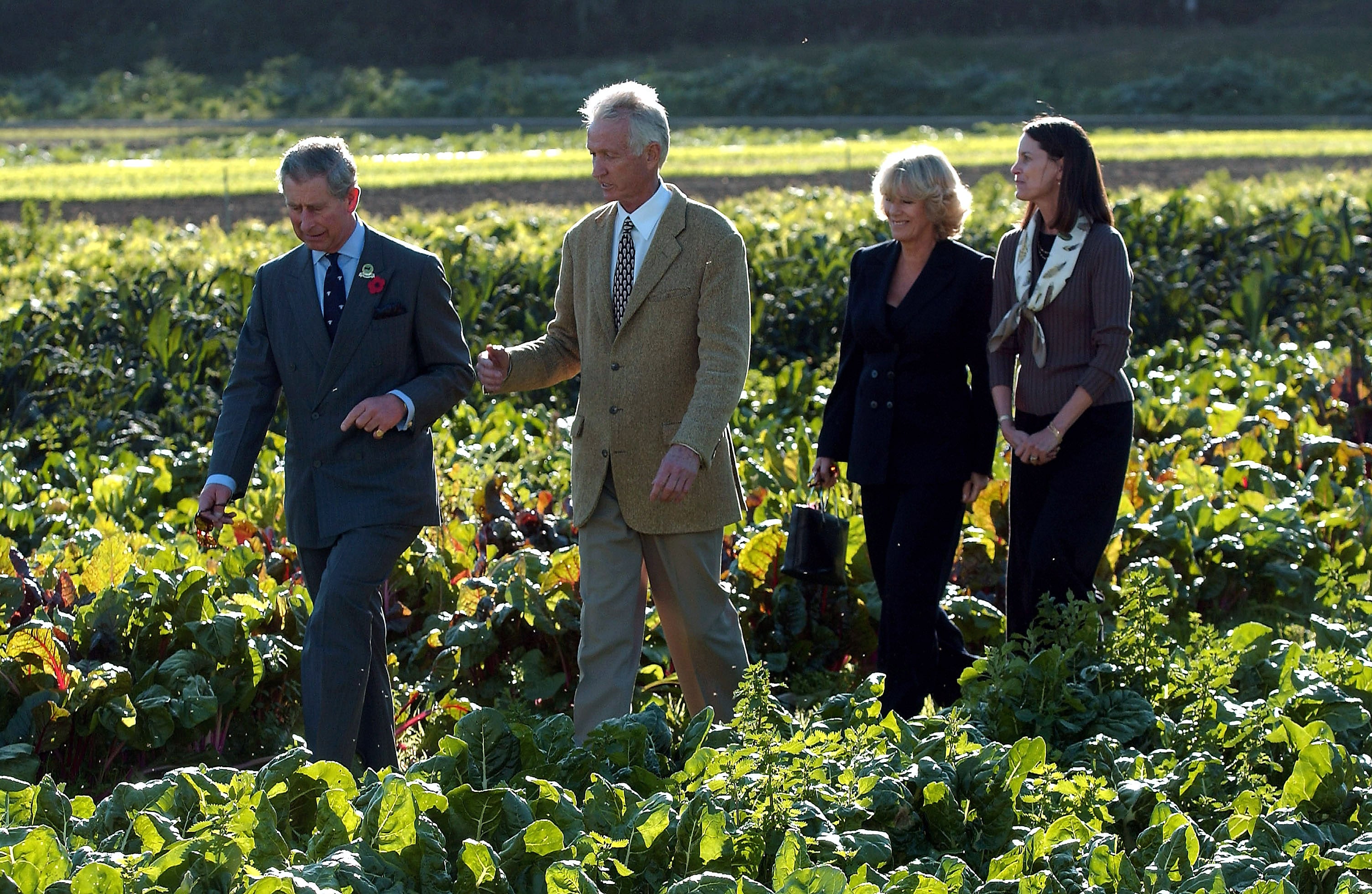
"As the Queen herself did with such unswerving devotion, I too now solemnly pledge myself, throughout the remaining time God grants me, to uphold the constitutional principles at the heart of our nation,” Charles said in his first address to the nation as King on Friday.
“My life will of course change as I take up my new responsibilities. It will no longer be possible for me to give so much of my time and energies to the charities and issues for which I care so deeply,” he told the country. “But I know this important work will go on in the trusted hands of others.”
In Britain’s constitutional monarchy, the head of state needs to remain politically neutral. That means no more “impassioned” speeches now that he is monarch, according to Robert Hazell, professor of government and the constitution at University College London.
Any speeches delivered by the monarch have to be approved by the government of the day, the one exception being the Christmas broadcast, but even that is shown to officials, says Hazell.
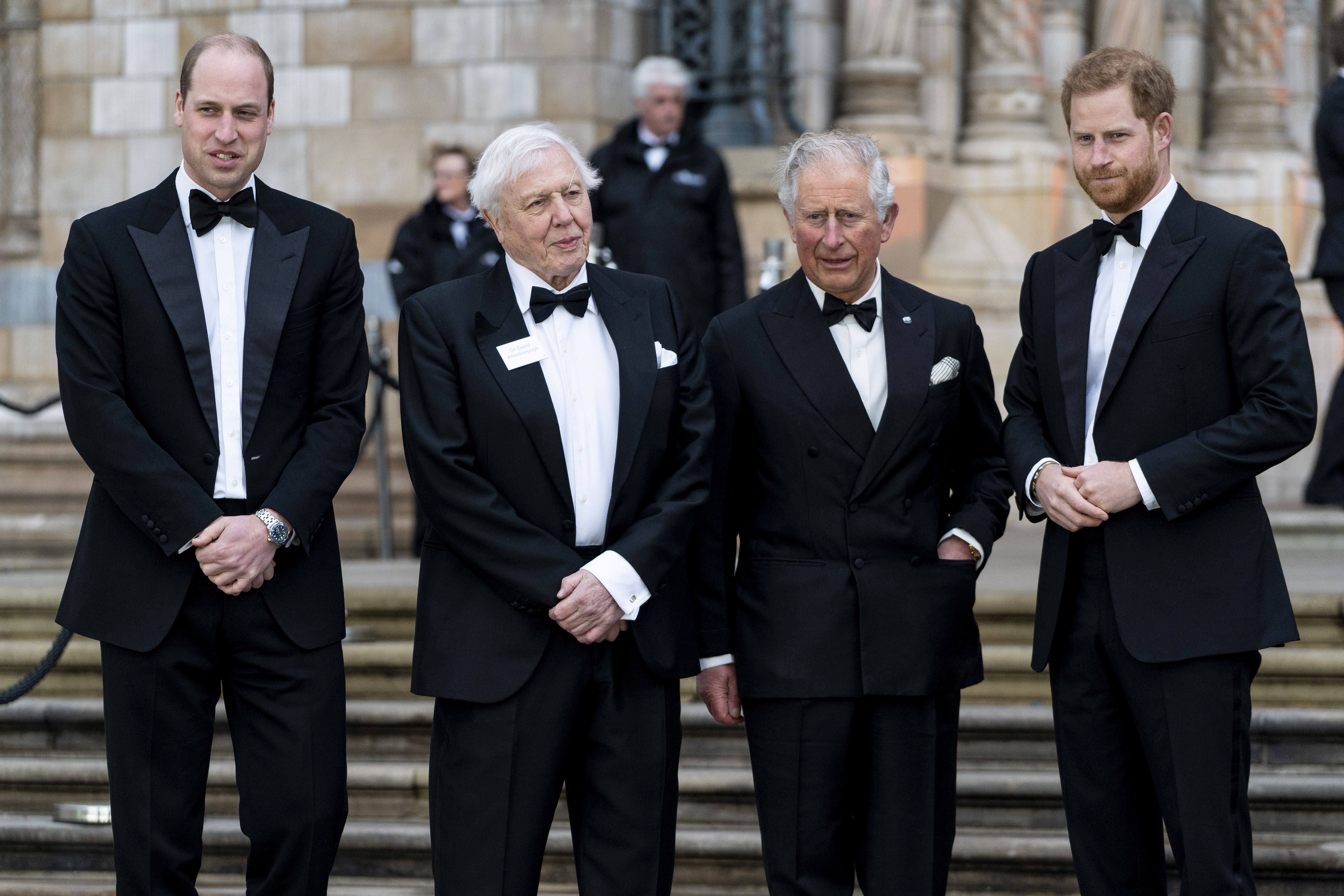
“If the government didn’t like what he planned to say about agriculture, or climate change, or whatever, they would simply say ‘I’m sorry sir but in your speech we’ve taken out paragraphs five and seven,’” Hazell tells The Independent.
“If he privately continued to lobby ministers on his pet subjects... I think, again, he would quite quickly be reined in by the prime minister,” Hazell adds.
In 2015, the Prince of Wales, as he was, lost a long legal battle to secure the release of letters he had written to government ministers detailing his views on a range of matters, from illegal fishing to herbal medicine. They were dubbed the “black spider” letters due to Charles’s handwriting and were controversial because some saw them as inappropriate lobbying.
Before becoming King, Charles said, he had tried to make sure that whatever he’d done had been non-party political. And asked in a BBC documentary in 2018 whether his public campaigning would continue once he ascended to the throne, he responded: “No, it won’t. I’m not that stupid. I do realise that it is a separate exercise being sovereign.”
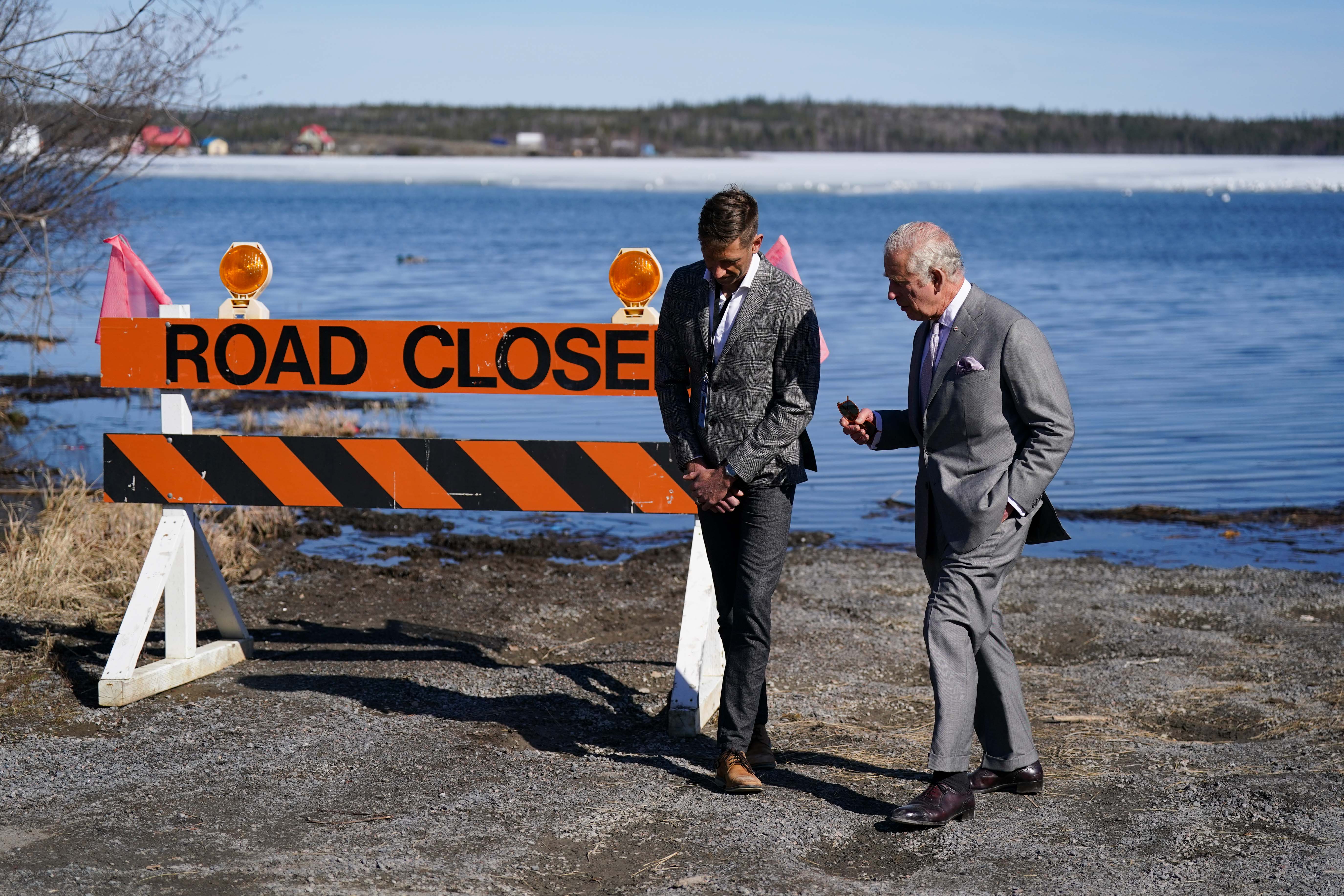
One place it’s possible that a monarch might express their opinion is in their weekly audience with the prime minister of the day, but the public is not privy to what is said in those conversations. “It’s totally confidential and no records are kept, so posterity doesn’t even know,” says Hazell.
However, even if the King is very careful about expressing his views, as he is expected to be, members of the public, domestic politicians and world leaders will remember his past positions, and that in itself might carry significance.
“I don’t think anyone can really say in what ways he will take forward his commitment to the environmental agenda in the new role,” says Tony Juniper, chair of Natural England and a former special adviser to the Prince of Wales’ International Sustainability Unit and the Prince’s Rainforests Project. “But what we can say is that he’s made an enormous difference and a huge contribution to many environmental subjects going back more than 50 years.”
Juniper, who co-authored a Ladybird book on climate change with the then Prince of Wales and climate scientist Emily Shuckburgh in 2017, says he thinks Charles is one of – if not the most – significant environmental figures that there’s been in drawing attention to the questions of “deforestation, biodiversity loss, climate change and the need to shift our collective impact through development of a circular economy and sustainable agriculture and reforestation”.
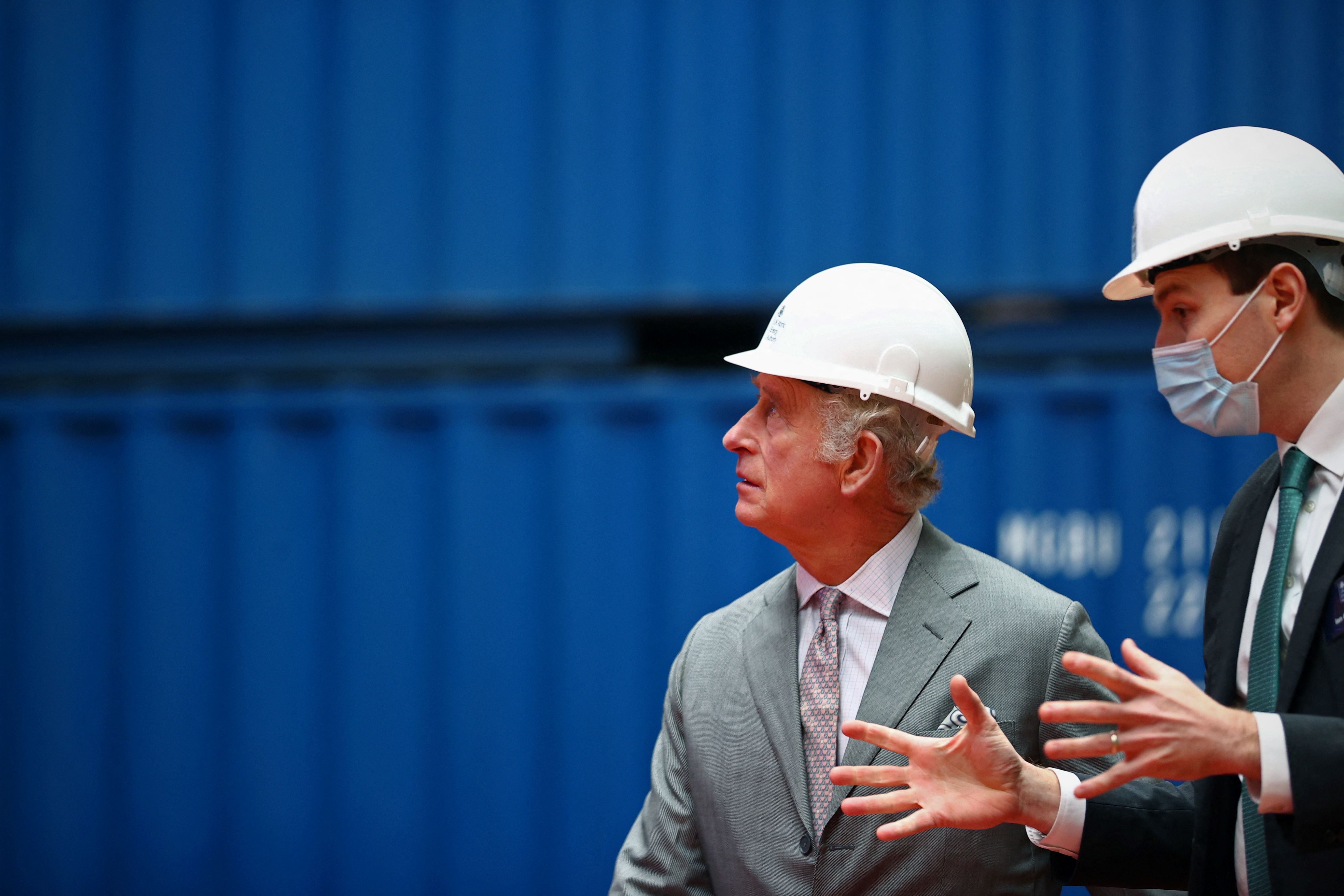
His contribution, Juniper says, is “unique” and “will be the context, apart from anything else, for the work he will do from here on in”.
“That track record, that legacy, undoubtedly will be part of what people see in the UK,” he adds.
Craig Bennett, chief executive of The Wildlife Trusts and a former director of The Prince of Wales’s Corporate Leaders Group on Climate Change, says he thinks the King will not look to champion the environment in the same way he did as heir.
But he notes that part of the monarch’s role is to promote the long-term interests of the country, and considering there is now cross-party political agreement that global heating is a serious issue that needs to be dealt with, perhaps it will not be inappropriate for the monarch to say that the UK stands for action on climate change.
“Obviously, there’s still political debate about the specifics of... how to deal with it,” he says. “He will stay well out of that I’m sure.”
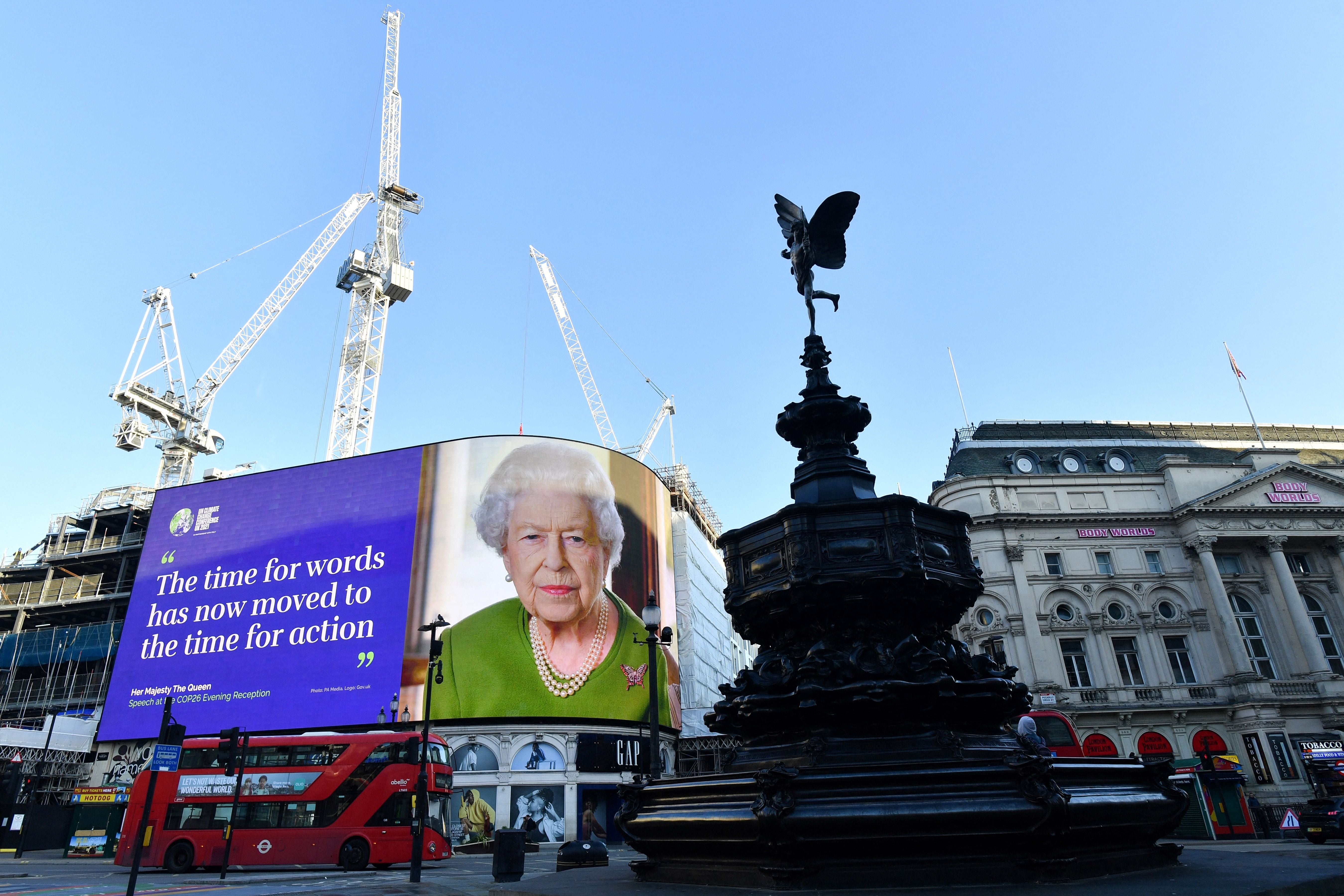
Besides, Bennett says, it is important to remember that the late Queen was not silent on these issues. In her official address to the Glasgow climate talks, for example, she said many people hoped that the “time for words has now moved to the time for action”.
The Queen was a patron of many environmental causes, including the Royal Society for the Protection of Birds, the Royal Forestry Society and the Campaign to Protect Rural England – and her platinum jubilee celebrations earlier this year highlighted the work she had done to encourage tree planting.
“It’s more about a continuation,” says Bennett, who accompanied Charles on several international tours when he was the Prince of Wales. Environmental causes were important to the late Queen and the Duke of Edinburgh as well as to King Charles III and the new Prince of Wales, he says. The point is that environmental causes are about the long-term interests of the country and the world.
“If there was one set of issues that it made sense for a monarchy to feel confident talking about, it would be this,” he adds.
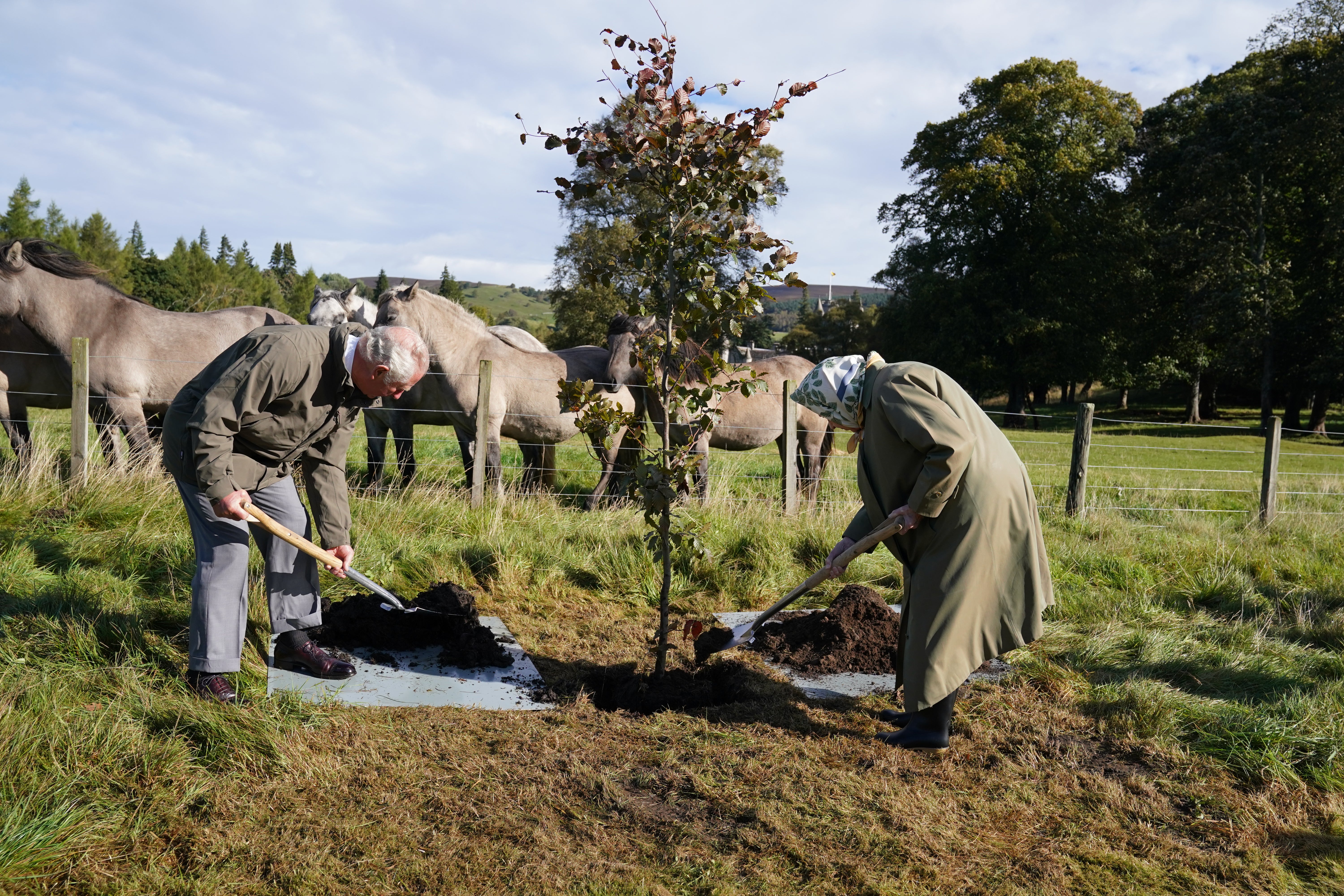
Robin Teverson, a member of the House of Lords whose focus in the chamber includes the climate crisis, says he thinks any prime minister meeting the King will know his views on the climate crisis and nature-friendly farming, among other issues, even if he is “rightly” unable to intervene.
“That has the potential of giving a background reinforcement to those areas of national policy and national wellbeing,” he says, and could even act as a bit of a “safety net”.
There is also the reality that the public knows the new monarch’s views on environmentalism and the climate crisis, and so on.
If there were a U-turn on some of these issues, the public would be aware that the King would not be happy, says Teverson, though the King will still read out the government’s legislative programme in the House of Lords, whether he agrees with it all or not, he adds.
One area where the King’s environmentalism might be able to flourish is in the way he manages his household.
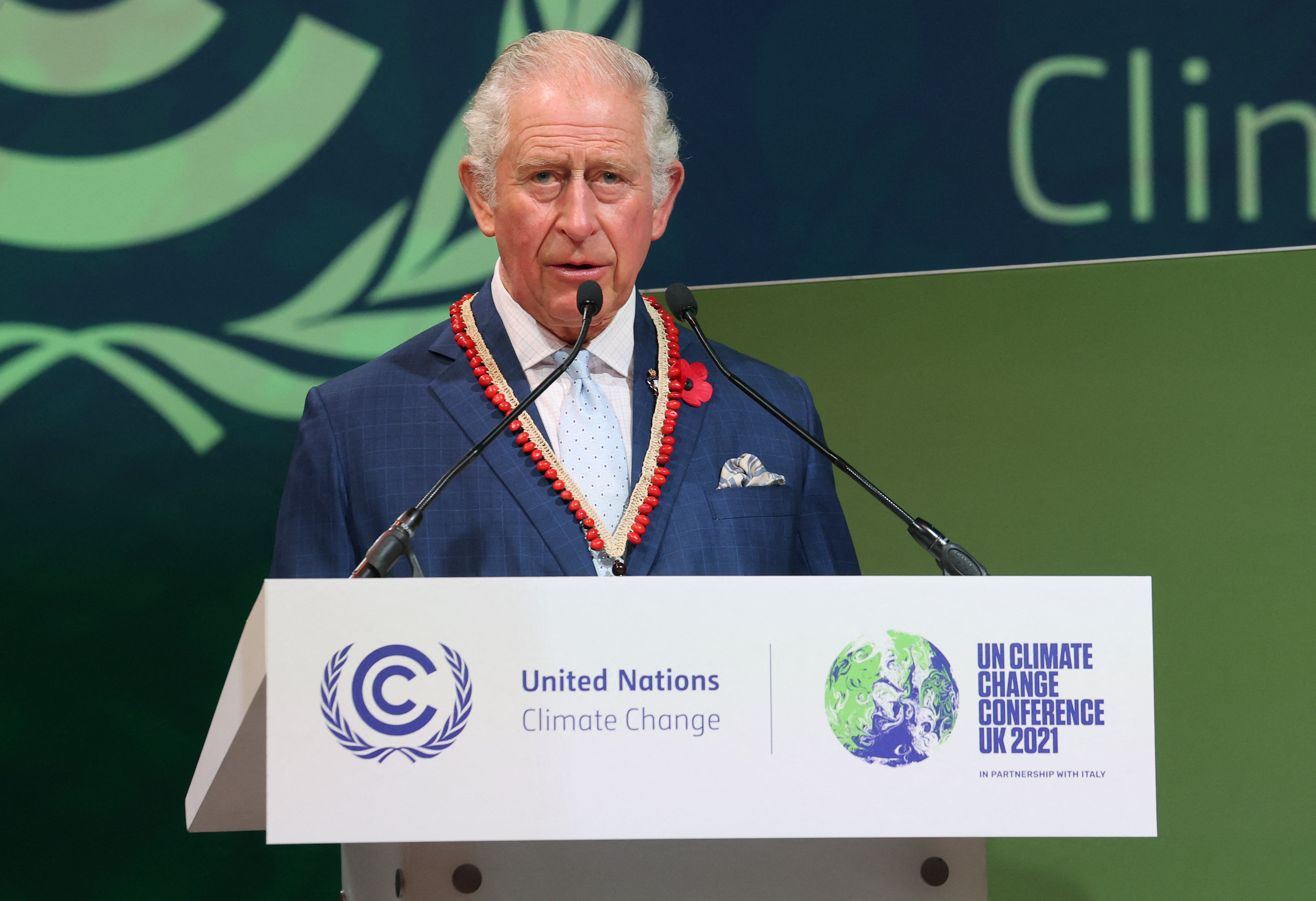
When he was Prince of Wales, 90 per cent of the energy used to power his offices and domestic quarters came from renewable sources. His household balanced out its emissions to zero by investing in sustainable forestry and projects that reduce deforestation, according to his website.
In the past there have been calls for the royal family – including Charles when he was Prince of Wales – to go further in their environmental commitment, including a high-profile petition for royal land to be rewilded. And questions have been raised about the environmental footprint of his private flights, as with other officials in public life. His principal private secretary told The Independent earlier this year that Charles had personally driven the move to use sustainable aviation fuel, which was used for all official travel “wherever possible”.
The new King can also support causes through his royal patronages as monarch, putting a “flag in the ground” in terms of his continuing values, says Teverson.
However the King chooses to express his commitment to the environment going forward, many environmentalists agree he has done more to amplify the voice of nature in his role as the Prince of Wales than most people do in a lifetime.
In the past 50 years, there’s nobody who’s had the breadth of contribution, over such a long period, that he’s made, according to Juniper. “It’s unmatched,” he adds.
Join our commenting forum
Join thought-provoking conversations, follow other Independent readers and see their replies
Comments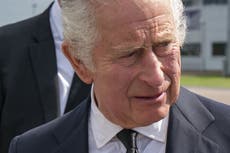
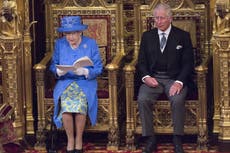

Bookmark popover
Removed from bookmarks